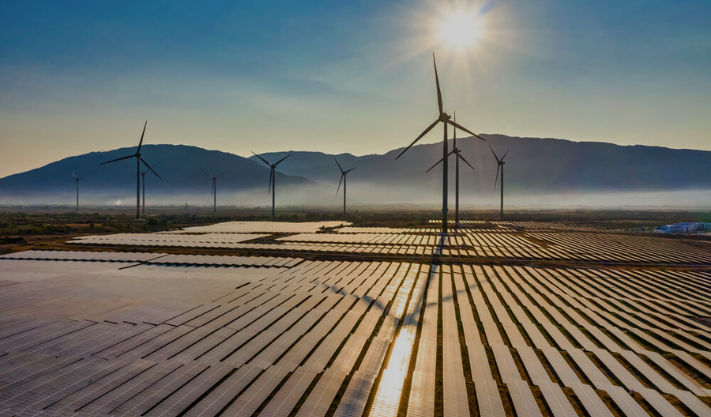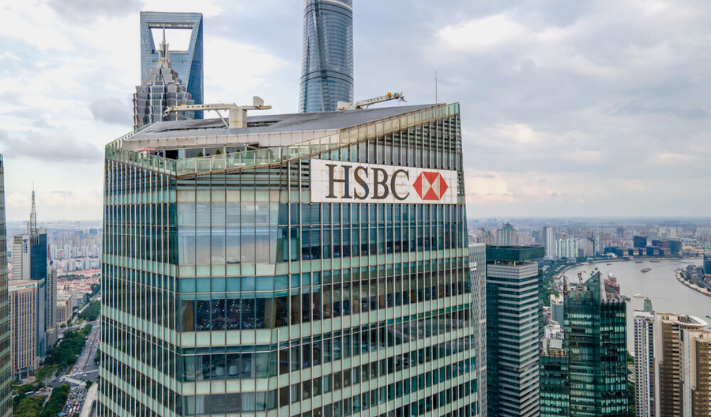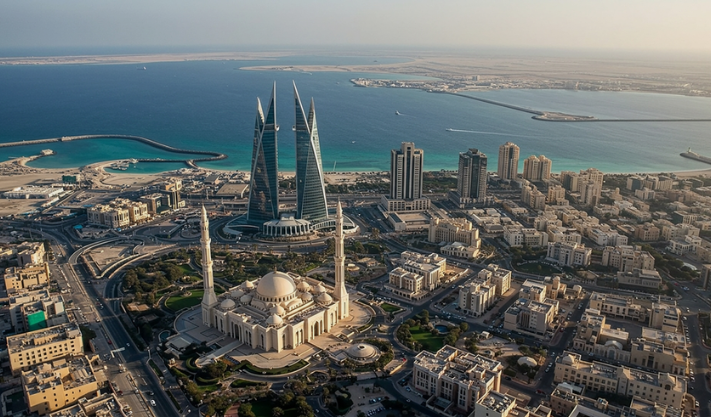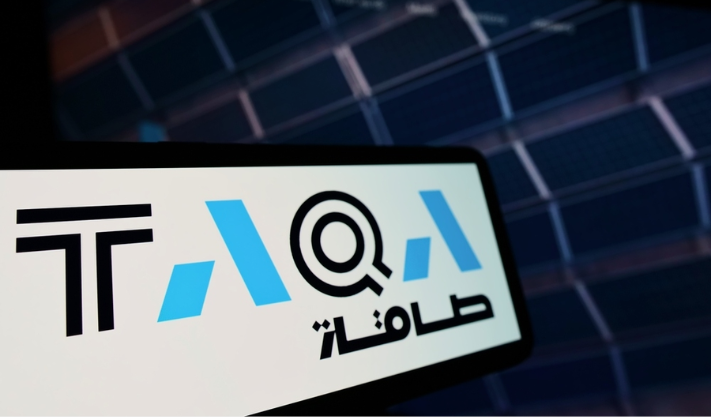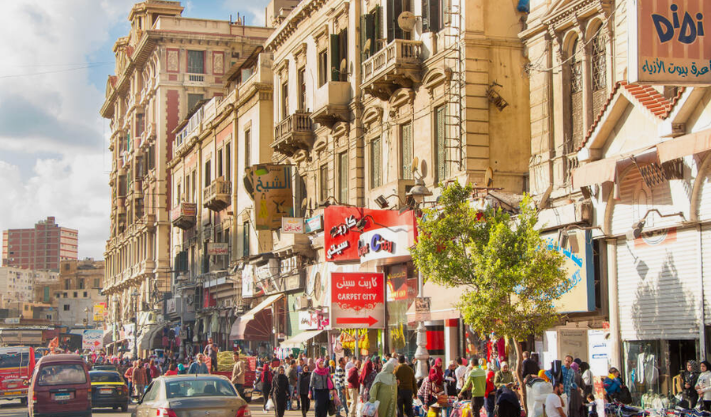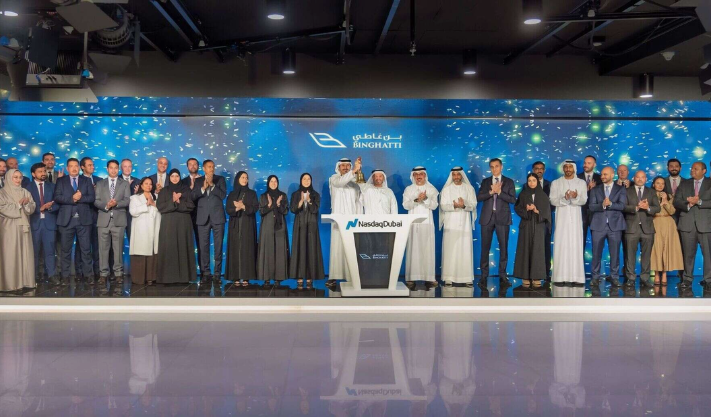Four renewable energy companies use new rules in Egypt and invest $388 million in making and delivering power
Egypt has allowed four private companies to run solar and wind energy projects. These projects will add 400 MW of clean energy and have $388 million in investments.
The Ministry of Electricity said the companies will build power plants and sell electricity directly to factories. They will pay a fee to the Egyptian Electricity Transmission Company to send the power, and the government will not give any financial support or guarantees.
P2P agreements in Egypt
Neptune Energy, mostly owned by KarmSolar, will provide electricity to the Suez Steel plant using a solar power station. AMEA Power will supply solar electricity to the Suez Canal Container Terminal and Befar Group.
TAQA PV for Solar Energy will give power to Ezz Steel using a plant that combines solar and wind energy. Enara Group will send electricity to the Helwan Fertilizers plant and the Alamein silicon complex through a similar solar and wind power plant.
Ahmed Zahran, CEO and co-founder of KarmSolar, told Forbes Middle East that his company has permission to build a 100-megawatt solar plant on more than 6,000 acres of land they own. The plant will cost about $70 to $80 million to build, including transformers, and will produce around 200 million kilowatt-hours of electricity each year.
Zahran said companies in this program pay the government a fixed fee for sending electricity, and this fee is listed on the ministry’s website.
The Egyptian Electric Utility and Consumer Protection Regulatory Agency reviewed requests for seven 100 MW renewable energy projects under the P2P program. They had help from an international consultant and the European Bank for Reconstruction and Development, said Electricity Minister Mahmoud Esmat.
Liberalized power market
The electricity ministry is following a plan to open up the power market, increase competition, and attract private investment. The goal is to make electricity service better and cheaper, Esmat said.
He added that opening the market will help Egypt compete better, support producers and consumers, help the country move to green energy, and strengthen Egypt as a regional energy center.
“This creates more chances to invest in renewable energy and energy projects, helping the country reach its development goals,” Esmat said.
He also said the ministry wants to improve service quality and make sure the rules are clear and fair. The Electricity Law gives investors a bigger role in the market and makes sure regulatory bodies keep national standards for long-term success.
Published: 29th May 2025
For more article like this please follow our social media Facebook, Linkedin & Instagram
Also Read:
Binghatti & ADIB Partner for Islamic Home Loans UAE
Why Saudi Arabia Is Emerging as a Global Real Estate Hub
Oman’s Q1 Revenue Falls 7% to $6.8B on Oil, Gas Drop
